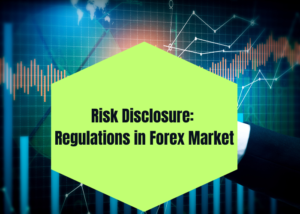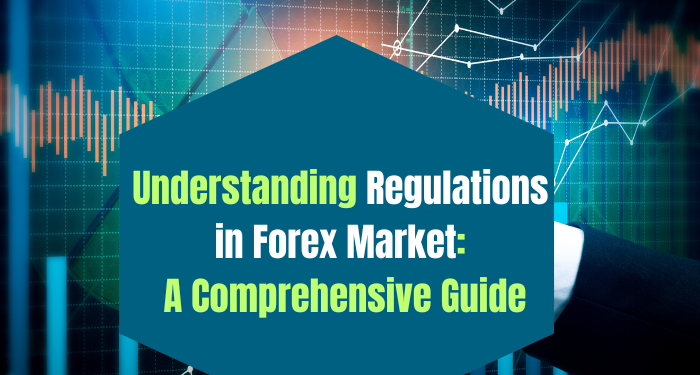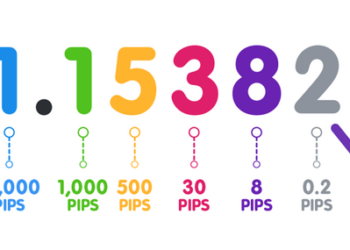The Importance of Regulations in Forex Markets: What You Need to Know
Yes, Forex Market(foreign exchange) markets are regulated. The level and type of Regulations in Forex Market can vary significantly from one country to another. Forex trading involves the buying and selling of currencies, and it is a decentralized market, meaning it operates across the globe and is not tied to a specific exchange or location. As a result, it falls under the jurisdiction of multiple regulatory bodies.
Forex trades are tightly regulated in the U.S. by the National Futures Association (NFA) and the Commodity Futures Trading Commission (CFTC).
Europe is the largest market for forex traders. The Financial Conduct Authority (FCA) monitors and regulates forex trades in the United Kingdom.
However, because of the heavy use of leverage in forex trades, developing countries like India and China have restrictions on the firms and capital to be used in forex trading.
Here are some key points about Regulations in Forex Market:
National Regulatory Authorities: In most countries, Forex brokers and trading platforms are subject to the Regulations in Forex Market by their respective national financial regulatory authorities. These Regulations in Forex Market establish rules and guidelines to ensure fair and transparent trading practices, protect traders’ interests, and maintain market integrity.

Examples of such authorities include the U.S. Commodity Futures Trading Commission (CFTC) in the United States and the Financial Conduct Authority (FCA) in the United Kingdom.
Forex Trading in India: A Beginner’s Guide
International Regulatory Bodies: Some Forex brokers and trading platforms operate on a global scale and are regulated by international bodies. For example, the International Financial Services Commission (IFSC) in Belize regulates Forex brokers that serve clients from various countries.
Market Participants: besides regulating brokers and platforms, regulators often have rules in place to oversee other participants in the Forex market. Such as banks and financial institutions. These rules ensure these participants operate fairly and transparently in the Forex market.
Client Protection: Many regulatory authorities require Forex brokers to segregate client funds from their own operating funds. This segregation of funds helps protect traders’ deposits in case the broker encounters financial difficulties.
Licensing and Compliance: Forex brokers typically need to get licenses and adhere to strict compliance requirements to operate legally in the Regulations in Forex Market. They may also be required to meet capital adequacy requirements to ensure they have the financial stability to handle clients’ transactions.
Risk Disclosure: Regulations in Forex Market often mandate that brokers provide clear and comprehensive risk disclosures to clients, ensuring that traders are aware of the potential risks associated with Forex trading.

It’s important for traders to choose Forex brokers and trading platforms that are regulated by reputable authorities. Regulatory oversight provides a level of security and assurance that market participants are operating within the boundaries of the law and adhering to established industry standards. Traders should research the regulatory status of a broker before opening an account and be cautious of unregulated or offshore entities, as they may carry higher risks.
Keep in mind that the specific Regulations in Forex Market and regulatory bodies may change over time, so it’s advisable to check the latest regulatory information in your region or the region where your chosen Forex broker operates.





